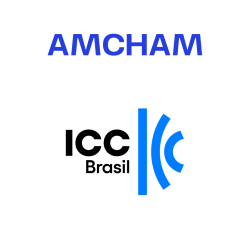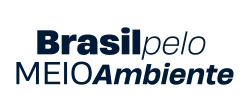Water Autonomy at the PepsiCo Plant in Itu/SP
ABOUT IT
The project generated water autonomy at the Itu-SP plant (which accounts for 15% of the volume of snacks produced by Pepsico in Brazil and was affected by a severe water crisis in 2014) and also helped the towns of Sorocaba-SP and the Itaquera neighborhood in the city of São Paulo. To do this, the company implemented an effluent potabilization system called MBR/OR, Bioreactors with Membranes and Reverse Osmosis in its own Effluent Treatment Plant, attached to the factory. The innovative technology has made it possible to filter the effluents resulting from the production process until they are potable, so that it is safe to return this water resource to the process. However, the potabilization of the effluent from the Itu plant alone was not enough to achieve 100% water autonomy in the location. To supplement the total amount of water resources needed, PepsiCo began receiving effluent from its Sorocaba and Itaquera (São Paulo) plants and from a neighboring beverage factory. With this amount of effluent treated in Itu, the company achieved its goal in April 2023: to operate without drawing clean water from the municipality and saving around 27 million liters of water per month, which is now available to the municipality.
Results and Objectives
Achieving water autonomy at the Itu/SP plant.
Total water used per kilo of food produced by PepsiCo in Brazil has fallen by less than half in the last five years - from 4.6 liters (in 2016) to 1.97 liters (in 2022), a reduction of 57%.
This year in Itu, the company reached the milestone of not using any water taken from nature to produce a kilo of food.
SDGs
External Certification
International Commitments
National Commitments
More info



